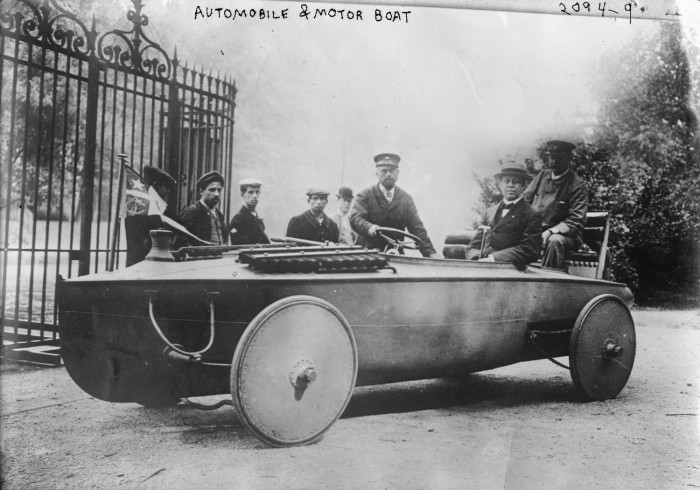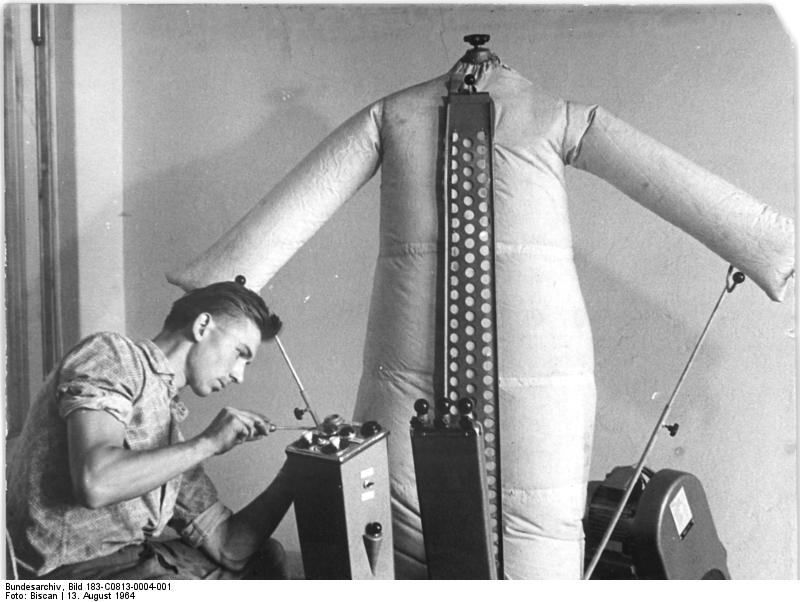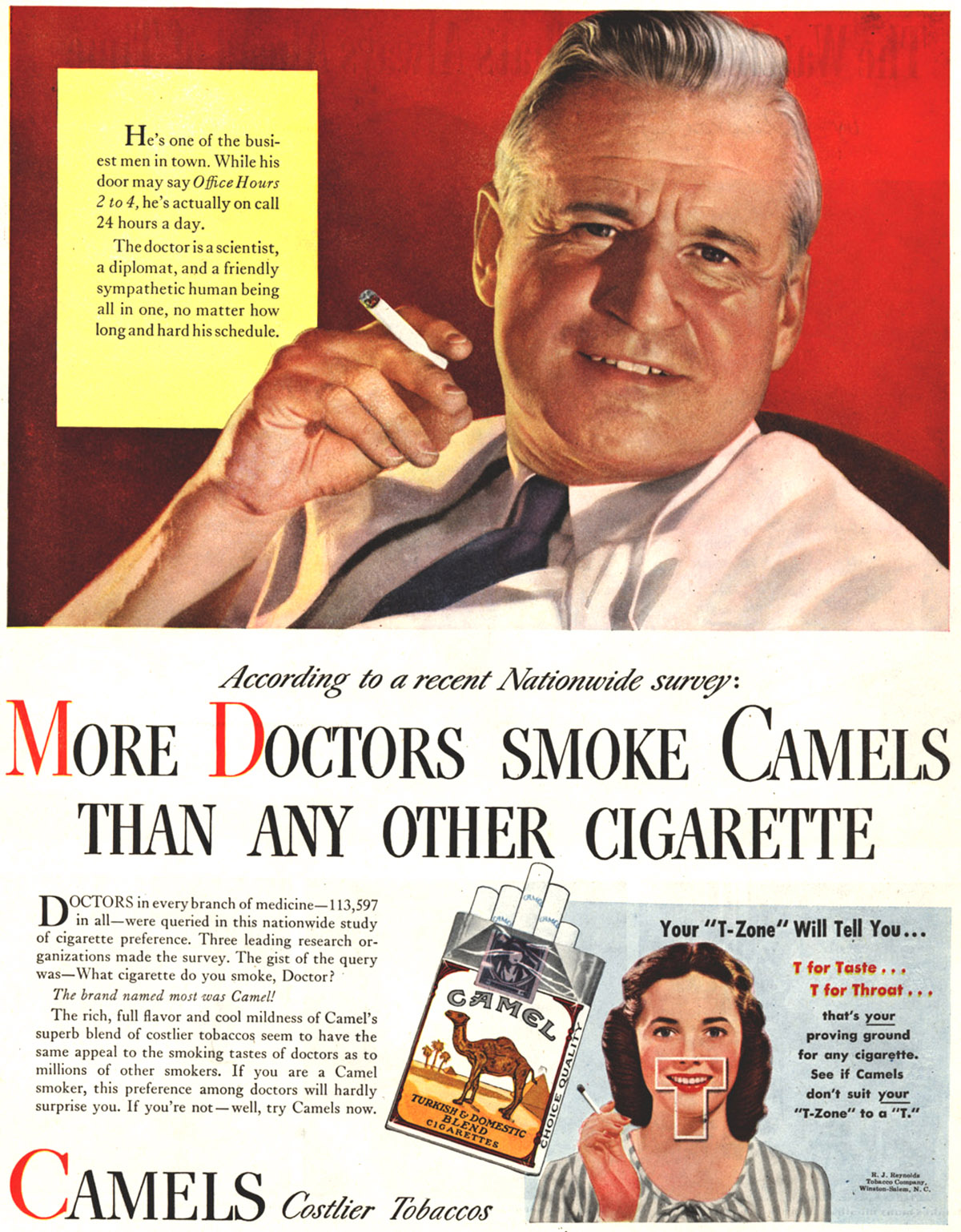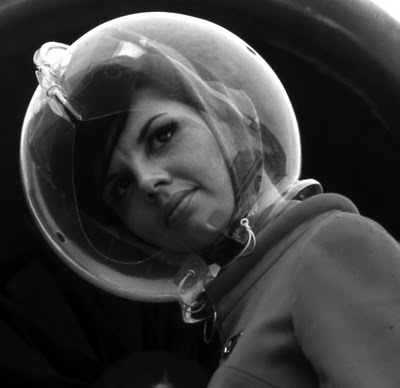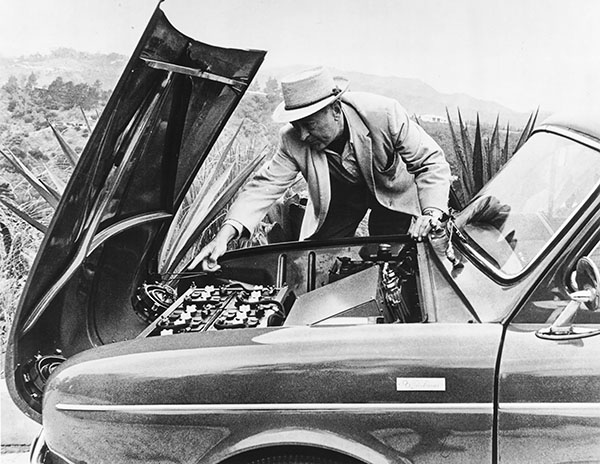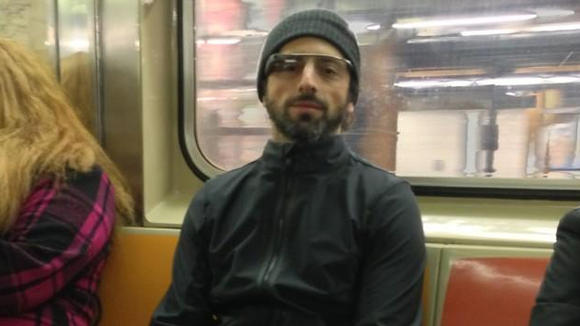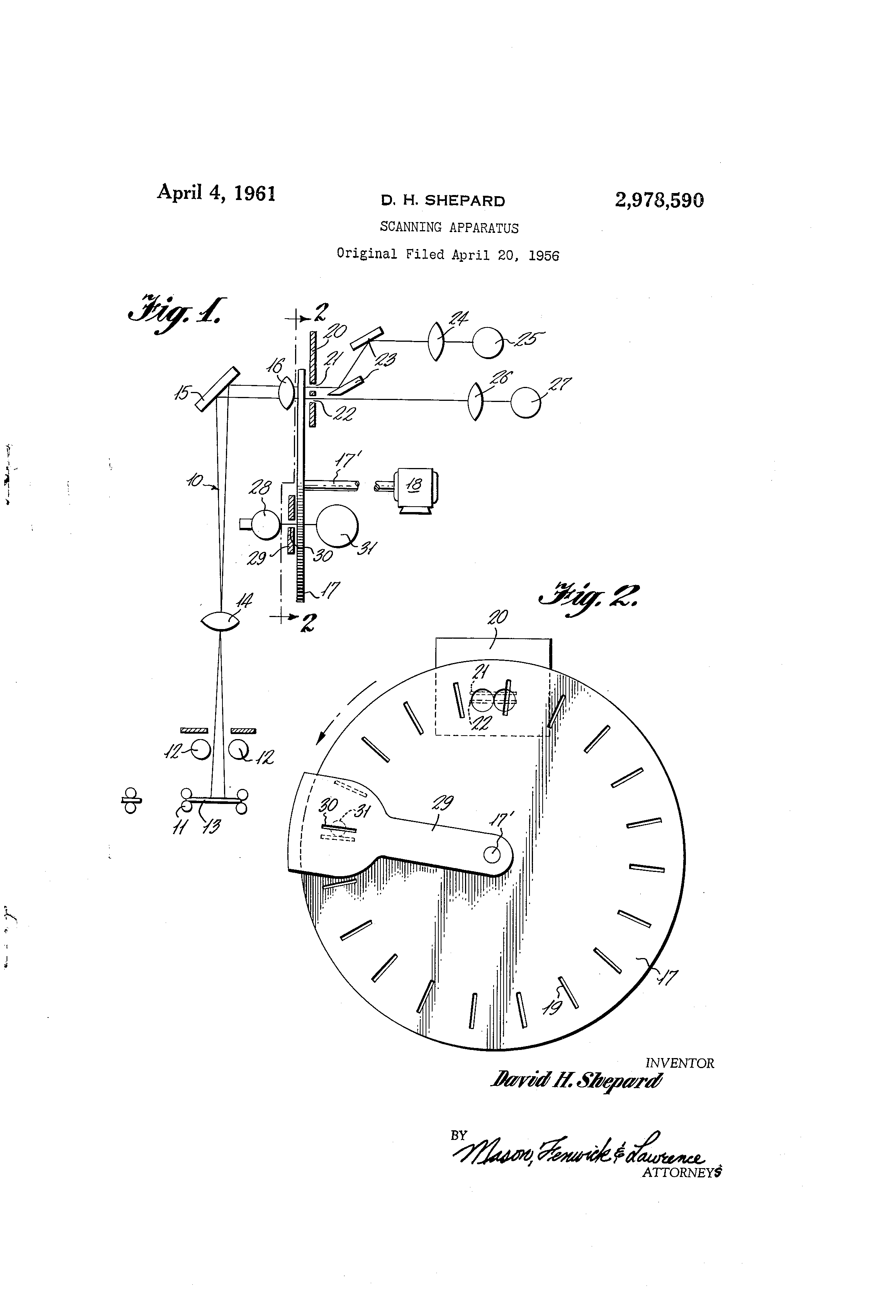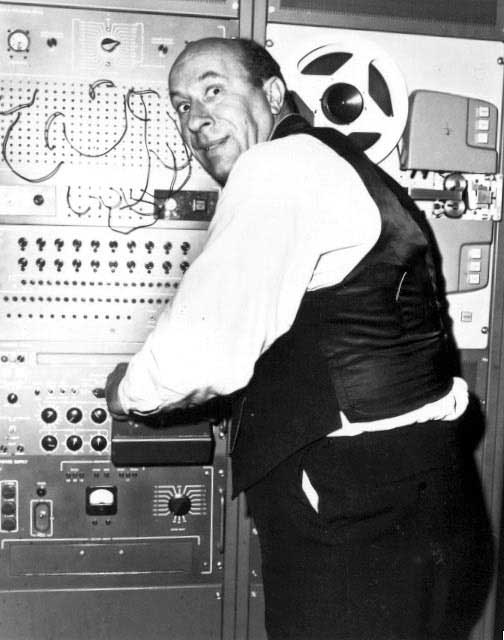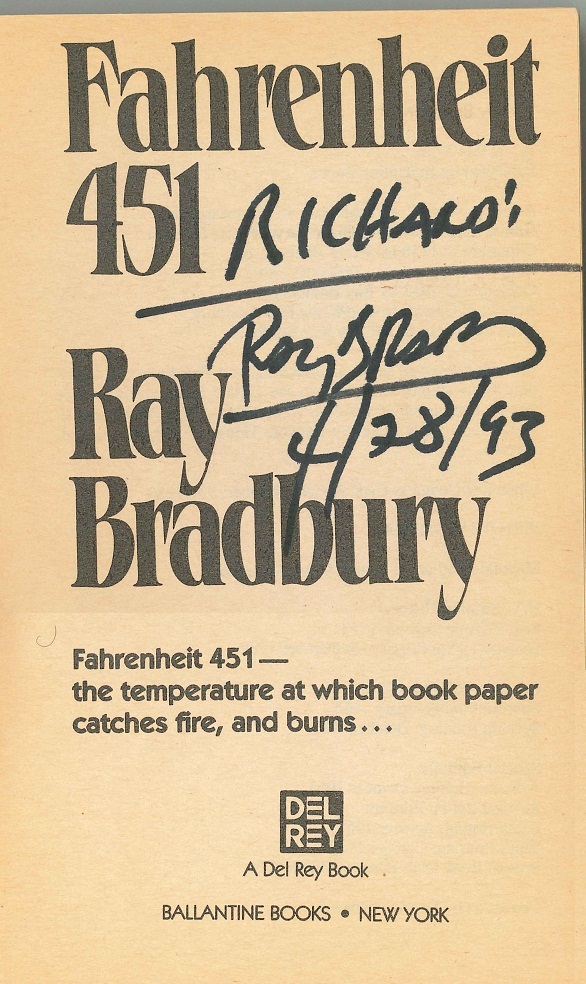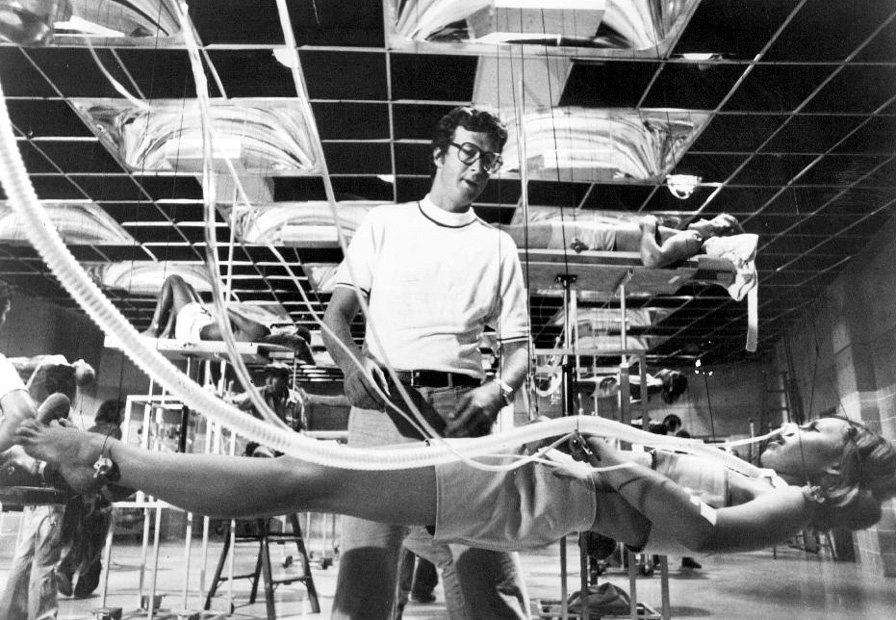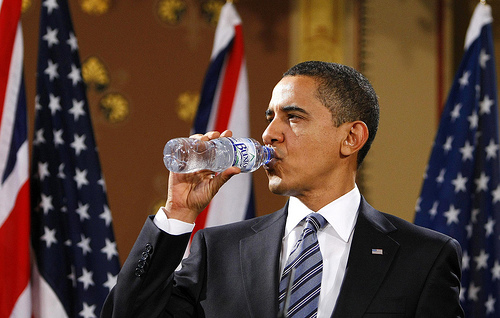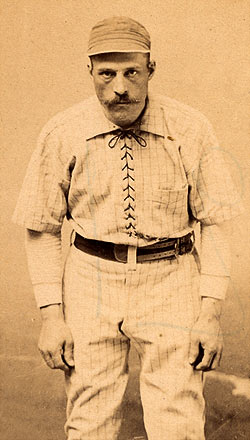That the early 20th-century demonstrations of the Waterland were a great success didn’t really matter; there wasn’t a market for an amphibious automobile. But that doesn’t diminish the wow factor of inventor Jules Reveillier’s insane boat-on-wheels, pictured here in a classic photograph. From a November 13, 1907 New York Times report about an outlandish test run in (and around) the Hudson:
“The amphibious French automobile took its first plunge in America yesterday afternoon at Fort Washington on the Hudson, while fifty or more automobile and motorboat experts watched its performance. After a half hour spent in diving from the beach to the river and returning, cavorting about in the quiet waters of the Hudson, and similar stunts, the car ran up the bank and across the New York Central Railroad tracks, climbed the steep hill to Riverside Drive, and rolled merrily down the Drive amid the plaudits of those who watched it. The opinion of the experts who saw it was that the demonstration was a complete success, though in its present form its commercial value is not apparent.
The demonstration was arranged by a firm of automobile dealers, and on its success was supposed to depend whether or not the firm would put the invention on the market. The invention is owned by Jules Reveillier, a French automobile enthusiast, who recently brought the boat across the Atlantic to show Americans its possibilities.
The contrivance is unusual enough in appearance to arouse interest anywhere. Its body is shaped exactly like the ordinary motorboat, except that it is a little broad of bean for high speed. It has the regulation straight prow, sharp nosed and broadening quickly to its greatest beam. The engine is set well forward in the usual covered compartment, and a cockpit, equipped with typical automobile steering wheel, is directly amidships. A seat wide enough to comfortably accommodate two persons is set behind the wheel, and is supposed to be occupied by the steersman and the engineer. Behind this seat, and almost flush with the deck, is another, wide enough for two men. The body is rounded off abruptly at the stern.
The front wheels, which respond to the steering wheel, are set forward of the engine two or three feet. The wheels are directed by a steering gear like that attached to the rudder of an ordinary boat operated by chains running from the bow, while the rear wheels are turned by chain gear.
The wheels are made of hollow steel plates and have ordinary automobile tires. They are thus available for road service, and act as air chambers to help keep the machine afloat when in the water and as a keel to prevent it from turning over. A simple mechanical contrivance shifts the power from the driving wheels to the propeller as the boat enters the water, and shifts it back again when it reaches land.
The present boat is built entirely of steel. It is equipped with a low power automobile engine. On land the engine is capable of driving the car twenty miles an hour, while in the water it attains a speed of about nine knots under ordinary conditions.
The machine is 8 or 9 feet long, with a wheel base of 54 inches.
The possibility of navigating on land was acknowledged by the party that went up the Hudson to see to see the boat tried, and it was taken at once to the waterfront yesterday. It traveled over the rough ground on the bank of the river without difficulty, and entered the water easily. As the forward wheels entered the water they floated the prow, when the hub was submerged, and the rear wheels drove the boat on while they were on land.
The driver who handled the car transferred the power to the propeller skillfully, and the momentum acquired in leaving the bank carried the contrivance well out into the stream. It answered perfectly to the rudder.
Returning, the machine mounted the bank easily. Several time these dives were repeated, and the boat each time entered and left the water successfully.”

